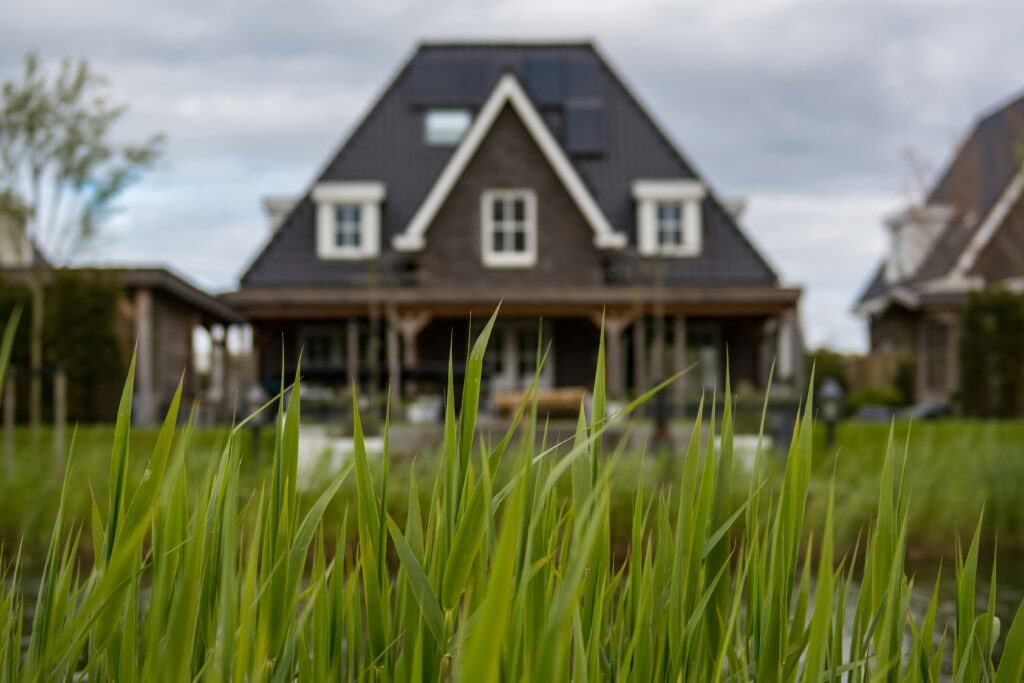When it comes to housing, Canadian municipalities are constantly evolving to meet the diverse needs of their residents. One such evolution is the increased interest in backyard homes, or as municipalities formally term them, detached additional dwelling units (ADUs). ADUs, also known as secondary suites or granny flats, are separate living spaces within a single-family dwelling or on the same property. They provide additional housing options and can be a boon for homeowners and renters alike. However, before you decide to build an ADU, it’s crucial to understand how zoning requirements and bylaws in Canadian municipalities come into play.
What Are Zoning Requirements and Bylaws?
Zoning requirements and bylaws are municipal regulations that dictate how land can be used, developed, and subdivided. They are established to maintain orderly growth, protect the character of neighborhoods, and ensure public safety. These regulations vary from one municipality to another, and they cover a wide range of aspects, including building height, density, setbacks, parking, and land use.
The Role of Zoning Requirements in ADUs
ADUs can be created in different ways: by converting existing space, constructing an addition, or building a separate structure on the property. Zoning requirements will dictate which of these options is permissible in your municipality. For instance, some municipalities allow detached ADUs, while others may only permit attached or basement units.
Understanding Land Use Zones
In Canada, land is typically categorized into zones based on its intended use. These zones are often labeled as Residential, Commercial, Industrial, and Agricultural, among others. The specific regulations for ADUs depend on the zone in which your property is located.
Building Codes and Safety
Beyond zoning requirements, building codes are a crucial consideration when constructing an ADU. Building codes are designed to ensure that structures are safe and habitable. ADUs must meet these codes to provide a secure living environment. This includes requirements for electrical, plumbing, insulation, and fire safety.
Bylaws and Neighbourhood Compatibility
Bylaws, on the other hand, focus on how an ADU will interact with the existing neighborhood. They often regulate aspects such as setbacks (how far the ADU must be from property lines), parking requirements, and the maximum size of ADUs. A free lot assessment on the Resimate marketplace includes these details for your property! These bylaws aim to maintain the character and aesthetics of the neighborhood while ensuring that the infrastructure can handle the increased population density.
Navigating the Approval Process
Before building an ADU, you’ll need to navigate the municipal approval process. This typically involves obtaining the necessary permits and adhering to zoning requirements and bylaws. The process can be complex, involving multiple departments and inspections. It’s crucial to work closely with your local municipal planning department to ensure you meet all the requirements.
Benefits of ADUs
While zoning requirements and bylaws may seem restrictive, ADUs can provide numerous benefits. They offer a solution to the housing shortage in many Canadian cities, provide homeowners with rental income potential, and allow families to accommodate multigenerational living arrangements.

In Canadian municipalities, zoning requirements and bylaws play a critical role in determining whether you can build an ADU on your property and, if so, how it should be designed and constructed. These regulations are in place to ensure safety, preserve neighborhood character, and manage growth effectively. Understanding and adhering to these requirements is essential for a successful ADU project, so it’s wise to do an initial free lot assessment check on the Resimate marketplace and consult with your local planning department or a qualified professional before embarking on this housing venture. With careful planning and compliance, ADUs can become valuable additions to Canadian communities, providing additional housing options and enhancing property values.
